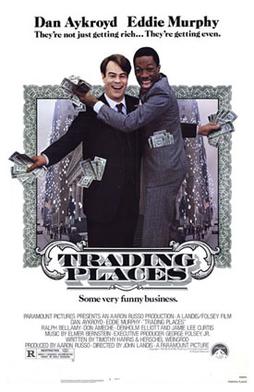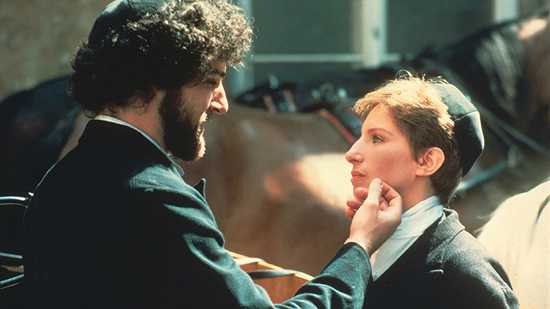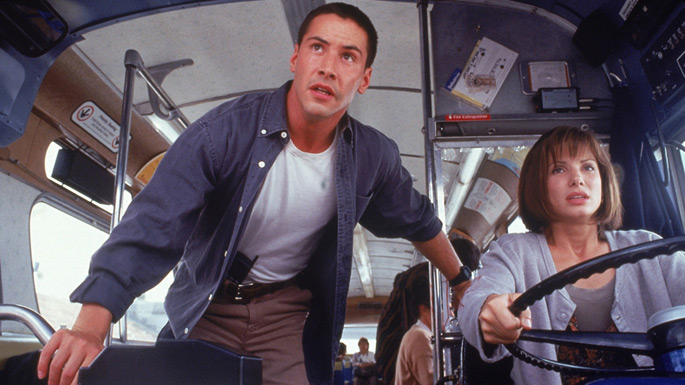I've mentioned my admiration of the directorial resume of Sidney Lumet before, but every director has a missstep somewhere along the way and for Lumet it was definitely the 1978 musical The Wiz, the overlong and overblown film version of the Broadway musical that was an "urban" re-working of The Wizard of Oz about the little girl who is transformed to a magical world where she meets three friends who she helps during her own journey back home.
In the original L. Frank Baum novel, the character of Dorothy was 10 years old. Judy Garland was 17 when she played Dorothy and Stephanie Mills was in her early 20's when she created the role of Dorothy in the stage version of The Wiz, but the role had to be re-thought when Diana Ross pretty much purchased the role of Dorothy for herself, so for the film, Dorothy has become a 31-year old schoolteacher (who looks 40) which legitimizes Ross' casting in the role, but does not legitimize the story because the story here is a little girl's dream and the fact that Dorothy is no longer a little girl, makes the whole thing a little hard to swallow.
Ross works hard in the role, but is pretty hard to take as a 31 year old living a 10 year old girl's dream. Michael Jackson is annoying as the Scarecrow and Ted Ross is serviceable repeating his Broadway role as the Lion. The only completely satisfying lead performance for me was actually by Nipsey Russell, who brings a humorous dignity to the role of the Tin Man, which is actually quite entertaining. Mention should also be made of the legendary Lena Horne, who stops the show with her one number, "If You Believe" and Mabel King, repeating her Broadway role as Evillene, the wicked witch who commands the screen with "Don't Nobody Bring Me No Bad News."

But other than that, this film is long and boring and despite a lot of glamorous trappings and the obvious money than went into the production, including the hiring of Quincy Jones to overhaul Charlie Smalls' original score, the film is a huge disappointment, especially if you've seen the show onstage. This was Lumet's first and last foray into directing musicals and I think that's a small mercy.
Last edited by Gideon58; 12-21-24 at 08:54 PM.














